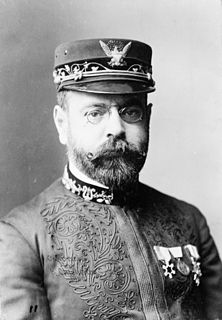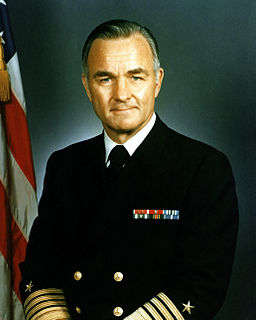A Quote by Walter Bagehot
But of all nations in the world the English are perhaps the least a nation of pure philosophers.
Related Quotes
I do not know if the doctrine that the nation-state arose in the 19th century was still being taught:;... but it is erroneous. The nation-state reaches back far into the origins of Europe itself and perhaps beyond. If Europe was not always a Europe of nations, it was always a Europe in which nations existed, and were taken for granted, as a basic form of the State.
I'm a Christian. I believe that greatness has to do with the quality of love shown to the least of thy brethren and the quality of service to those who are catching hell. When you look at it in that sense, I'd say America has had great moments, but I wouldn't call it a great nation. I don't think there have been any great nations in the history of the world, because in every nation you find poor people being subjugated. So, I see the term "great nation" as a contradiction, as an oxymoron.
The time has come for an all-out war against poverty. The rich nations must use their vast resources of wealth to develop the underdeveloped, school the unschooled, and feed the unfed. Ultimately a great nation is a compassionate nation. No individual or nation can be great if it does not have a concern for "the least of these".
I believe in an America that is on the march - an America respected by all nations, friends and foes alike - an America that is moving, doing, working, trying - a strong America in a world
of peace. That peace must be based on world law and world order, on the mutual respect of all nations for the rights and powers of others and on a world economy in which no nation lacks the
ability to provide a decent standard of living for all of its people.
World War II was fought for the abolition of racial exclusiveness, equality of nations and the integrity of their territories, liberation of enslaved nations and restoration of their sovereign rights, the right of every nation to arrange its affairs as it wishes, economic aid to nations that have suffered and assistance to them in attaining their material welfare, restoration of democratic liberties, and destruction of the Hitlerite regime.
We must recognise that nations can and do sin corporately. God loves nations, and I join those who believe that God has a redemptive plan for each nation, or for that matter for each city or people group or neighbourhood or any visible network of human beings. But corporate national sin damages the relationship of the nation to God and prevents that nation from being all that God wants it to be.
The effort to improve the conditions of man, however, is not a task for the few. It is the task of all nations-acting alone, acting in groups, acting in the United Nations, for plague and pestilence, plunder and pollution, the hazards of nature and the hunger of children are the foes of every nation. The earth, the sea and the air are the concern of every nation. And science, technology and education can be the ally of every nation.
We have a much bigger objective. We've got to look at the long run here. This is an example - the situation between the United Nations and Iraq - where the United Nations is deliberately intruding into the sovereignty of a sovereign nation.... Now this is a marvelous precedent (to be used in) all countries of the world.
The Jews believed they were the nation God had chosen among all the nations. And they were. But that did not give them immunity to God's judgment. Like the nations, they too would feel God's wrath if they refused to live in God's ways. Furthermore, God could deal with other nations in mercy as well as judgment. Jeremiah was full of surprises, as against the popular religious assumptions of his day. That's perhaps why some people, when they encountered Jesus, thought he was very like Jeremiah. He turned things upside down.
Dictatorship nations are outlaws. Any free nation had the right to invade Nazi Germany and, today, has the right to invade Soviet Russia, Cuba, or any other slave pen. Whether a free nation chooses to do so or not is a matter of its own self-interest, not of respect for the nonexistent 'rights' of gang rulers. It is not a free nation's duty to liberate other nations at the price of self-sacrifice, but a free nation has the right to do it, when and if it so chooses.


































